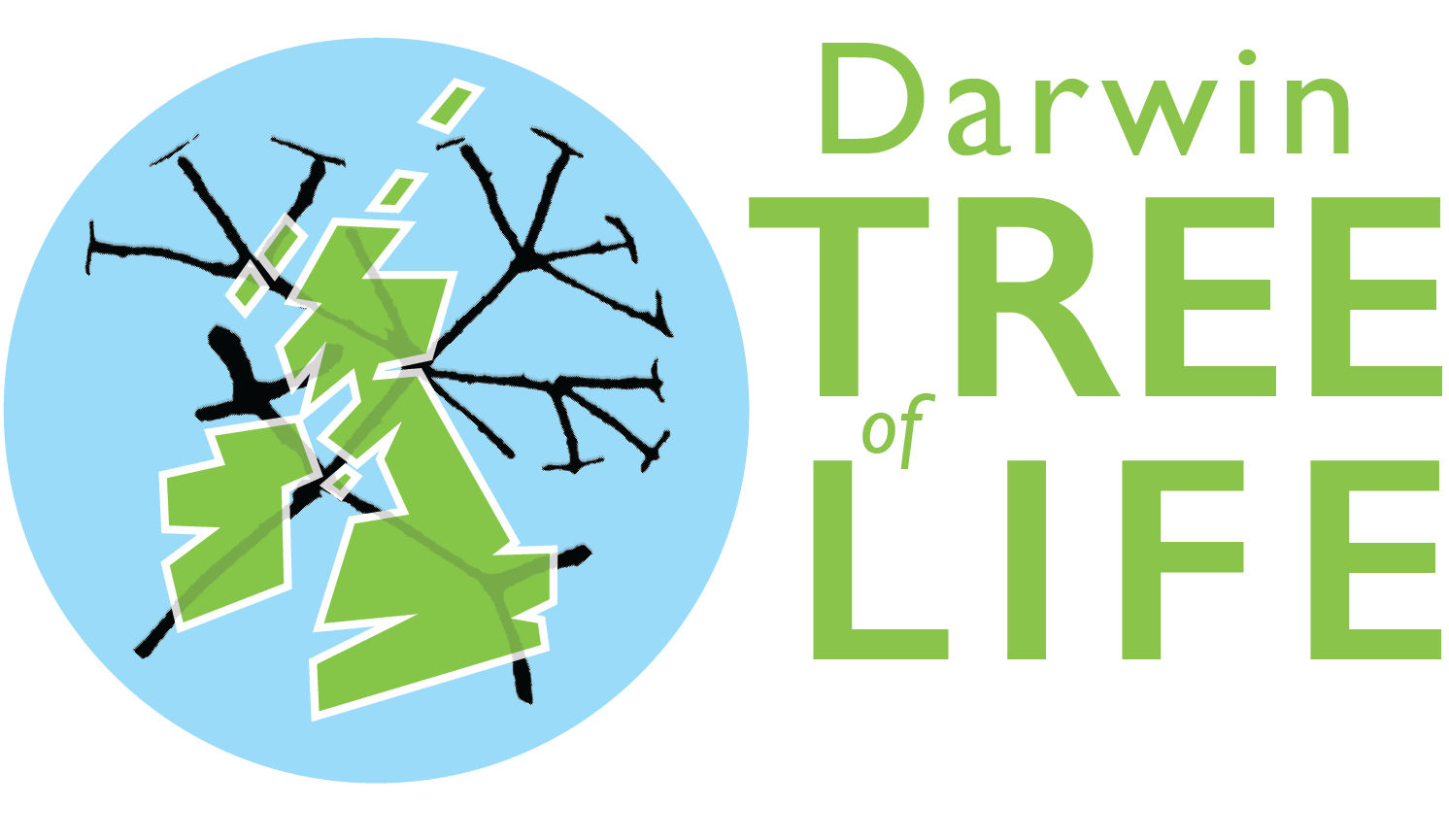Darwin Tree of Life Project
Sequencing the genome of every eukaryote species in the British and Irish Isles
Led by: Neil Hall & Seanna McTaggart
Start date: 2019
End date: 2024
Funding: Wellcome Trust

The world is faced with the daunting prospect of a sixth mass extinction event, as human activity pushes biodiversity into ever-thinning corridors. From the protists that produce most of the oxygen we breathe to the animals and plants that provide us with abundant food, building materials, and medicines, we are reliant on biodiversity to survive. It’s absolutely crucial that we learn to protect it before it’s too late.
The Darwin Tree of Life Project (DTOL) is part of the global Earth Biogenome Project which aims to document and understand all eukaryotic life - every animal, plant, fungus and protist - on Earth. As part of DTOL, the Earlham Institute is applying expertise in single-cell genomics, bioinformatics, and data management to develop robust pipelines for both sequencing novel organisms and enabling the DTOL community to share genomic data in a findable, accessible, interoperable and reproducible way.
This project will generate an invaluable open-source catalogue of data for research into how organisms develop and respond to pathogens, parasites, environmental change, and intra-species interactions. Revealing the evolutionary underpinnings of the human genome, our food sources and parasites will help to unearth processes that generate genomic diversity.
In 2022, the Darwin Tree of Life project was at the Royal Society Summer Science Exhibition. Watch the video to find out more about the project.
Within the genomes of the animals, plants, fungi, and protists of the United Kingdom are untold and untapped solutions to many of our greatest global challenges. We need to protect, understand, and learn how to benefit from biodiversity before it’s wiped out forever. At the Earlham Institute, we are using our expertise in genomics, bioinformatics, and data science to help make the global moonshot of sequencing the DNA of every single eukaryote on Earth a reality.